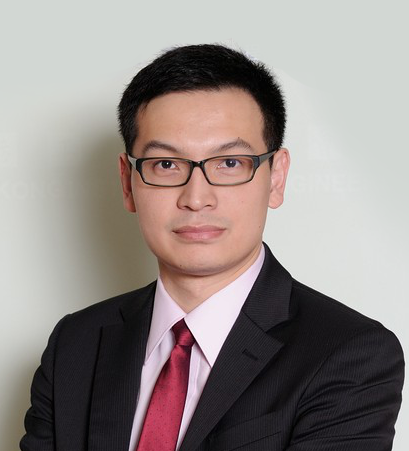Qingxu “Bill” Jin, Ph.D., LEED GA, E.I.T.
Georgia Institute of Technology
With increasing worldwide urbanization, the urban population has increased from 700 million in 1950 to 4.2 billion in 2018. The urban population comprises 55% of the current world’s population and is anticipated to comprise 68% of it by 2050. To support the constantly growing worldwide urbanization, the world’s concrete infrastructure systems have also experienced a rapid growth, which is reflected in the large concrete production.
The amount of annual concrete production is estimated at about 12 billion tons, or about 2 tons per person worldwide per year, making concrete the second most widely consumed material by mass in the world, second only to water. Since concrete has become critical to everyday life and all fundamental human activities, its limitations have also become more and more visible.
Concrete is strong in compression but can easily crack with bending or stretching stresses. Such cracks allow water and other aggressive chemicals through the concrete cover and in turn trigger the corrosion of underneath steel reinforcement, causing both safety and durability problems.
To overcome these problems, an ultra-ductile (flexible) cement-based composite material, known as bendable concrete, has been developed. Bendable concrete looks and feels like normal concrete but exhibits an unusual tensile ductile behavior that produces cracks thinner than human hair. Such features enable the bendable concrete to undergo a described self-healing process, much like the healing from a paper cut. This talk will highlight these features of bendable concrete, together with additional properties such as high fatigue resistance, self-sensing, and self-cleaning. In addition, this talk will provide various examples to demonstrate how these properties could be translated into supporting the next generation concrete infrastructure.
ABOUT OUR SPEAKER

Dr. Jin is currently a postdoctoral fellow at Georgia Institute of Technology, where he earned his doctoral degree in Civil Engineering in 2019.
Prior to his graduation, he was a guest research fellow at the National Institute of Standards and Technology, under the United States Department of Commerce.
He obtained his dual master’s degrees in Civil Engineering and Natural Resources and Environment from the University of Michigan at Ann Arbor in 2016.
He was awarded by Science ATL Communication Fellowship from Atlanta Science Festival and Robert H. Kulman Scholarship from American Concrete Institution (ACI) Georgia Chapter.
Dr. Jin was also a practicing structural engineer in Hong Kong and Macau for over three years and was a project engineer for a $3.4 billion casino and hotel resort project – MGM Cotai.
His research and professional experiences positioned him to link materials science to structural design and system optimization in the context of creating sustainable and resilient infrastructures that are capable of withstanding deterioration related to loading, environment, and hazards.

